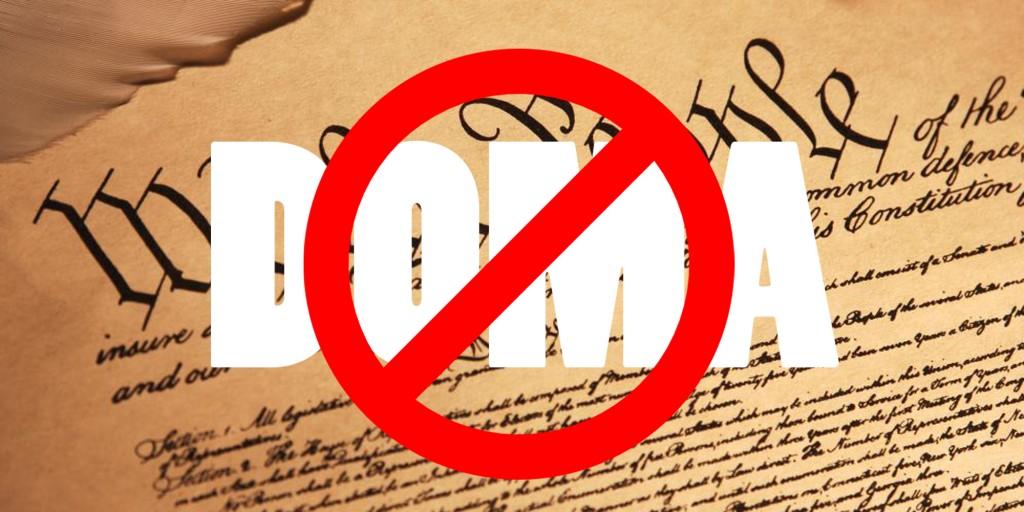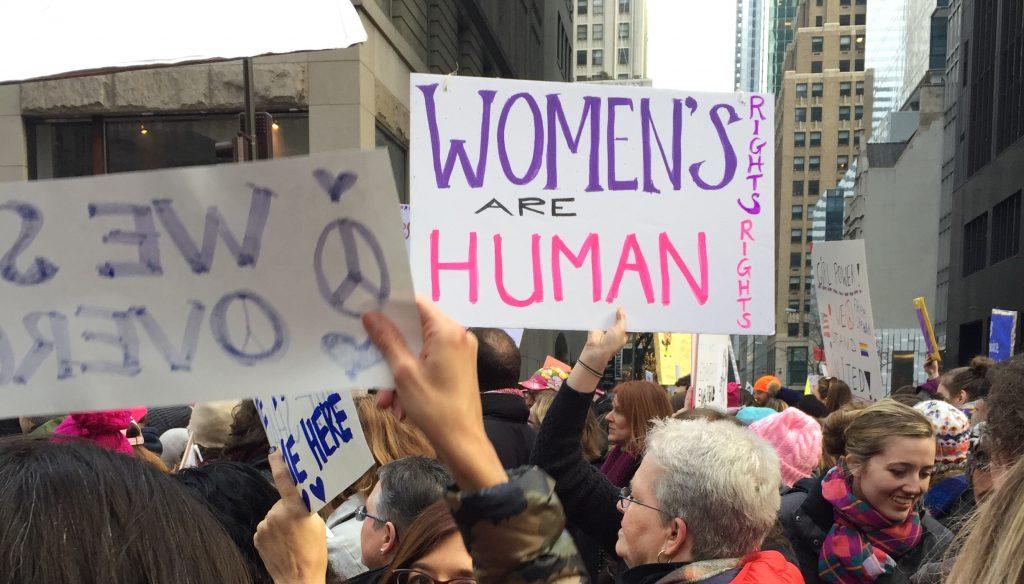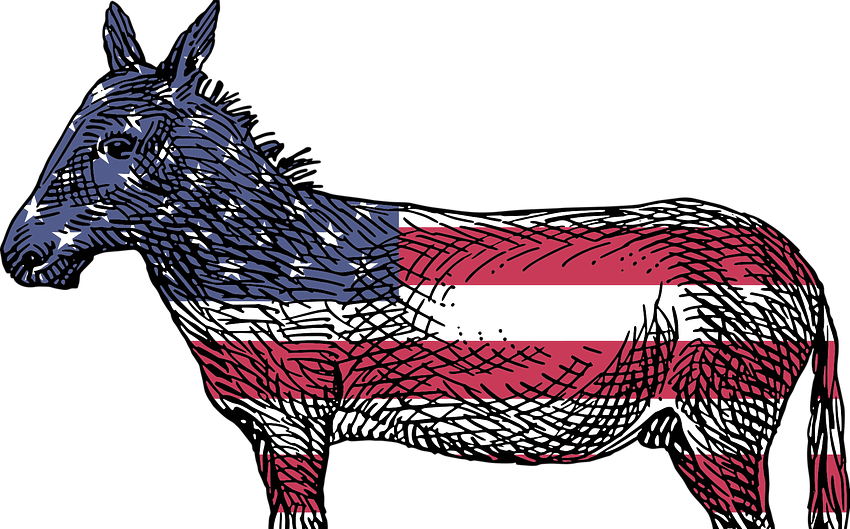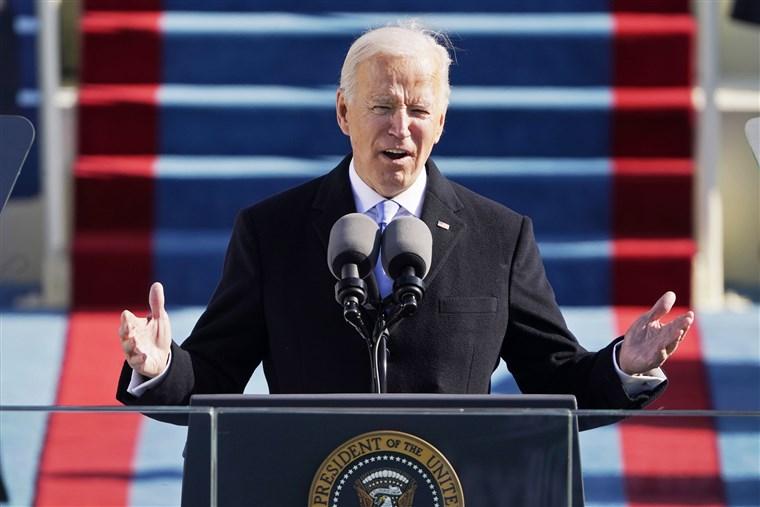Eighty-three-year-old Edith “Edie” Windsor had been engaged to her partner, Thea Spyer, for 40 years before they finally married in Canada in 2007.
Two years later when Spyer died, Windsor was not con-sidered to be her “sur-viving spouse” by the Internal Revenue Service. It cost her $300,000 in federal estate taxes on her inheritance.
Though Windsor and Spyer were legally married and their marriage was recognized in their home state of New York, they missed out on 1,138 rights denied them by the 1996 Defense of Marriage Act (DOMA), a federal law which defines marriage as “a legal union between one man and one woman” according to freedomtomarry.org.
In December 2012, the U.S. Supreme Court agreed to hear Windsor’s case against the U.S. government in which she will argue that DOMA violates the Fifth Amendment’s guarantee of equal protection.
Oral arguments for the case were scheduled to be heard on March 27.
This case is long overdue. Lesbian, gay, bisexual and transgender (LGBT) Americans have been denied equal rights for too long. DOMA is as blatantly unconstitutional as the Jim Crowe laws that established the “separate but equal” status of African-Americans.
There is absolutely no legal argument for denying American citizens rights based on their sexuality.
We have both federal and state laws protecting people from discrimination based on sexual orientation, and the Supreme Court has ruled that laws criminalizing homosexual behavior are unconstitutional. Congress has repealed the military’s “Don’t ask, Don’t tell” policy.
It seems pretty clear that Americans are realizing that LGBT community members are facing a grave injustice, yet the federal government and most state governments continue to discriminate against members of the LGBT community by denying them marriage rights.
There is no doubt that we are moving toward marriage equality. We now have a president who publicly supports same-sex marriage.
In February, the Obama administration filed a legal brief requesting that the Supreme Court strike down Section 3 of DOMA, the portion of the law which prohibits the recognition of same-sex marriages for federal benefits.
When the Supreme Court finally announces its DOMA decision in June, I will be appalled if it is anything other than marriage equality for everyone.
By Diane Gromelski













